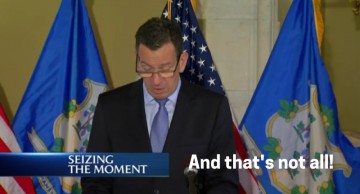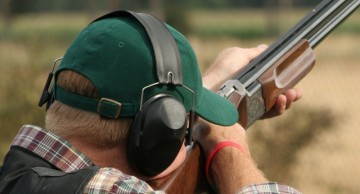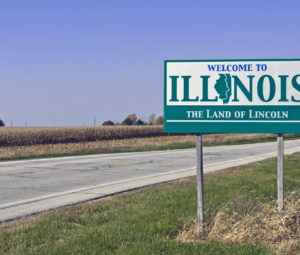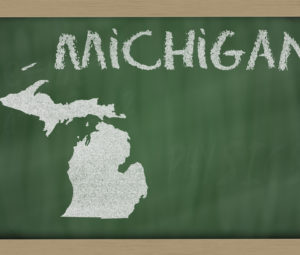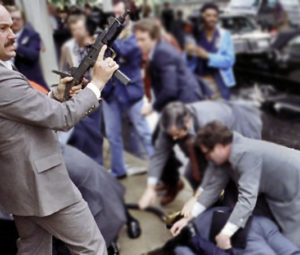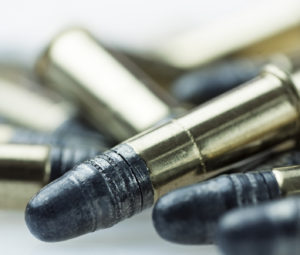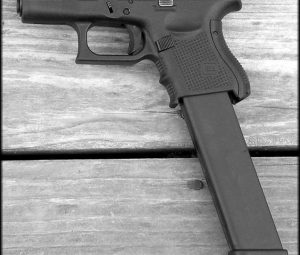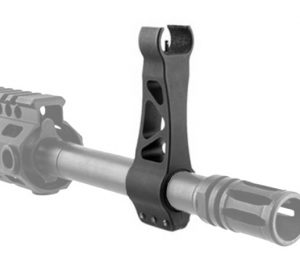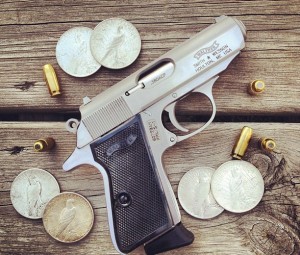Study: Lenient Gun Laws Boost Cop Shootings
Fatal police shootings are less common in stricter gun states.
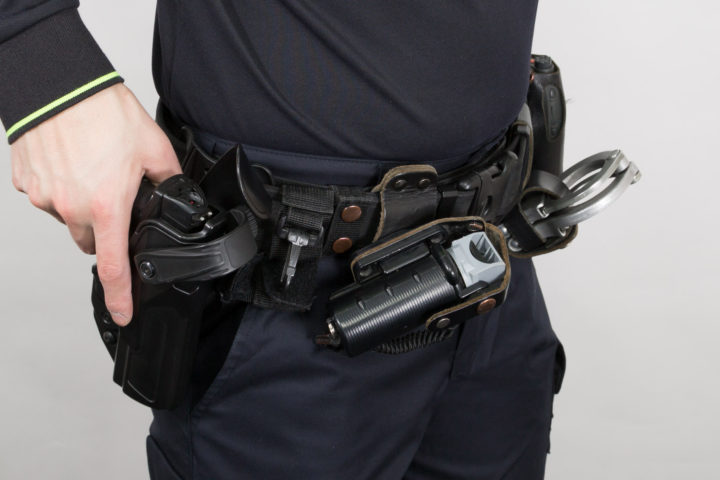
We all know states that have “strict” gun laws and those who are deemed “not so strict.” Well, if you rank those states from least strict to most strict and then look at the number of civilians who are killed by police officers with guns in those states, the top 25 strictest states have less than half of the incidents of police shootings.
That’s the findings of a study published in the American Journal of Public Health and announced by the Los Angeles Times on May 31. The study looked at 1,835 firearms-related deaths involving a police officer across the United States. All of the incidents occurred in the 22 months following January 1, 2015. The study found that 42 laws were linked to lower instances of police shootings. Those laws were aimed to strengthen background checks, promote sate firearm storage, and reduce gun trafficking by criminals. The study’s lead author, a psychology professor named Aaron Kivisto from the University of Indianapolis, suspects that the results are because the gun laws allow states to keep guns “out of the hands of the wrong people,” he says. Police in those states are therefore less likely to encounter “people in circumstances where they shouldn’t have a gun.
The states were ranked based on shooting deaths per 1 million state residents. New Mexico, Wyoming, Alaska, Oklahoma, and Arizona led the country in fatal police shootings. Rhode Island, New York, Connecticut, Massachusetts, and Illinois were the states with the lowest death rate. All of these states would be in the category that most people in the gun community would consider “strict.”
Many local papers, including my own, published a shortened version of the LA Times article. What those shortened articles left out is that California does not fit the profile of the other states. California’s gun laws put it in the Number 1 position according to this study’s criteria. And yet, California’s police officer death rate was much higher than the other state’s averages. In fact, the rate of officer-involved gun deaths in California fell between those of South Dakota and Alabama, two states which most people in the gun community would describe as “not strict.” Some other states didn’t fit the pattern either. Maine, North Dakota, New Hampshire, and Indiana have both fewer gun restrictions and fewer officer fatalities. So obviously something else is going on here. These outlier states were not included in the shortened versions of the articles I found in other papers.
What do you think about this? Often times in the gun community anything that seems like it is a “strict” gun law is met with suspicion. But do the numbers add up to stricter gun laws equal less deaths so neatly? And here’s one more fact that was left out of the short articles: Of 2,021 fatalities over the 22-months that were studied, 1,835 were killed by a police officer’s gun. And in 53% of those 1,835 cases, the person killed was also armed. Only 1 in 10 were thought to be entirely unarmed at the time of their shooting by a police officer. The race of the individuals was also accounted for in the study. Racial and ethnic minorities were slightly more than 1/3 of the total number of victims.



